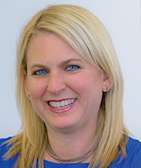 |
| Julie Freeman |
It’s no secret that the travel and tourism industry is among the hardest hit by COVID-19, and we’ll feel those repercussions for a long time. The U.S. Travel Association has estimated that total travel spending in the U.S. is predicted to drop 45 percent by the end of this year, and since the beginning of March, the pandemic has led to more than $237 billion in cumulative losses for the U.S. travel economy.
Numbers like these are demoralizing, but we’re seeing an increasing number of destinations, hotels and attractions opening back up and providing glimmers of hope, leading us to confidently say the travel rebound will arrive sooner than originally expected. Our research shows the pent-up demand for travel is powerful, and it crosses all demographics. In fact, 66 percent of Americans expect to book their next leisure trip within the next six months, and more than half plan to do so in the next three months, according to our Travel Intentions Pulse Survey.
| This article is featured in O'Dwyer's Jul. '20 Travel & Int'l PR Magazine. |
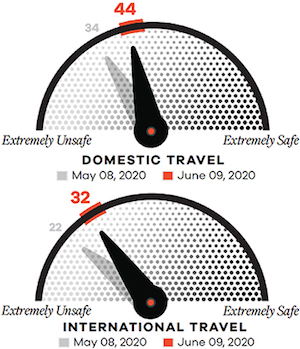 Source: MMGY Global Travel Safety Barometer; June 2020 Source: MMGY Global Travel Safety Barometer; June 2020 |
An important signal of recovery is determining how safe travelers feel getting back out there. The MMGY Global Travel Safety Barometer, a first-of-its-kind measurement of travel sentiment, provides insights into how safe Americans feel across various categories of leisure and business travel. The newest data shows that perceptions of safety are rising across all sectors as the travel industry enters the summer season, and over the course of a month we saw the needle move a full 10 points, a strong move in the right direction. On a scale of 0 to 100, consumer confidence in domestic travel rose from 34 to 44 points, and trust in international travel moved from 22 to 32 points. We still have a long way to go—both in sentiment and logistics—but these upward trends suggest people have moved from just dreaming about traveling again to actively listening to messages about booking future travel and, in some cases, getting in their cars and starting to travel regionally.
With travel restrictions now being eased around the globe, we’re leveraging our renowned proprietary research and insights in a signature “Ready + Set + Go” approach to recovery to help partners across the industry get back on their feet. While it’s true that we’re all in this together, every client is dealing with unique circumstances: varying shelter-at-home mandates and transportation capacities; different sets of assets they’re able to leverage; limited staff and budgets; and other challenges that make it impossible to create a one-size-fits-all solution. That’s why we rely on our data to inform our strategies through each stage of recovery.
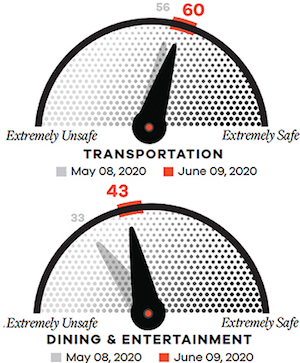 |
In a downturn, it becomes important to be judicious about where destinations and travel brands should spend their money on PR, marketing and advertising. As we know, domestic leisure travel is recovering much faster than business and international travel. Within that realm we’ve learned that, right now, Americans are beginning to feel increasingly confident about all forms of transportation. They feel safest in their own vehicles, but trust in air travel grew 20 percent between May and June. There’s a lot more interest in visiting state and national parks, as well as beaches, compared to other typical outdoor gatherings.
Our data shows an uptick in confidence in hotels and resorts, but overall Americans currently feel safer in a vacation rental. And while cruise bookings into 2021 are surprisingly robust, prospective cruisers need to be nurtured with messages of confidence.
We can measure those data-driven findings against other tools such as social listening, which checks the pulse on more emotionally-driven conversations across social media platforms. Consumers are rapidly evolving from feelings of anxiety and fear to hope and anticipation, signifying that now’s the time to move from top-level inspiration to mid-level consideration. We know from our research that people are most interested in hearing messages about safety and health protocols before travel deals or value adds. Having such insights in our arsenal puts us in an enviable position to create strategic PR plans to carry our clients across every stage of recovery.
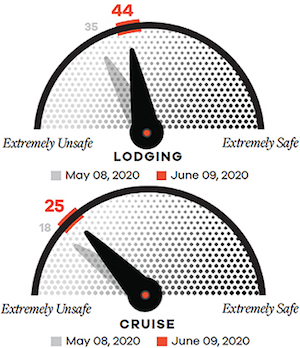 |
Now that many destinations and brands are further into the Ready or Set stages, thoughtful campaign messaging is essential to drive both short-term and future bookings. As travel marketers, it’s incumbent to move the needle toward the travel industry’s recovery by reimagining travel, finding new ways to tell the story and utilizing the latest technology to get people traveling again:
- Now that Americans are ready to get into their cars and explore, we can leverage road trip content and “nearcations,” health and safety tips and information on how to support locally owned businesses.
- We’re amplifying outdoor recreation, RV and camping stories, secluded retreats and open-air experiences, all of which encourage people to explore the outdoors and maintain social distancing on their travels.
- The luxury travel space is ripe with potential story ideas as high-end travelers seek out inspiration such as chartered planes, villa rentals, vineyard visits and privately led tours.
- There’s a surge of interest in responsible travel in a post-COVID world, as we consider how to manage overtourism through reduced capacity.
- “Secondary” cities are getting attention as consumers look to travel to less-crowded or closer-to-home destinations.
- Virtual travel experiences, which was an instant media trend in the early days of shelter-at-home mandates, is still resonating with audiences, as is digital content from chefs, artisans and other local influencers.
- For international travel, we know people feel more confident booking at least six months out, so we’re able to target long-lead publications to deliver inspiring content.
- As the cruise industry returns, it’s essential to push concrete messages about health and sanitization protocols, flexible rebooking and cancellation policies.
We anticipate travel will ultimately make a full comeback, and as it does, the marketplace will be more competitive than ever to attract visitors. Clients who stay the course now with focused, proactive and nimble PR programs that leverage insights and build on timely messaging will keep brand awareness high, putting them in the best possible position for total recovery.
***
Julie Freeman is EVP and managing director at MMGY NJF.


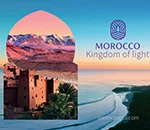 Weber Shandwick is providing PR and marketing communications services to the Moroccan National Tourist Office in New York.
Weber Shandwick is providing PR and marketing communications services to the Moroccan National Tourist Office in New York.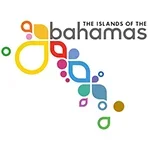 Finn Partners has filed its six-month contract with the Bahamas Ministry of Tourism, Investments & Aviation, which is worth $240K.
Finn Partners has filed its six-month contract with the Bahamas Ministry of Tourism, Investments & Aviation, which is worth $240K.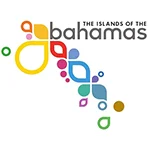 Weber Shandwick wrapped up its work for the Ministry of Bahamas at the end of 2023.
Weber Shandwick wrapped up its work for the Ministry of Bahamas at the end of 2023.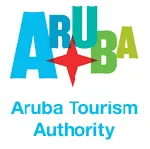 The Aruba Tourism Authority is boosting its budget 29.4 percent to $2.2M at Zeno Group, according to its 2024 contract, effective Jan. 1.
The Aruba Tourism Authority is boosting its budget 29.4 percent to $2.2M at Zeno Group, according to its 2024 contract, effective Jan. 1. As inflation continues to impact spending, consumers are revisiting their list of what they’re willing to spend more of their money on. Luckily for those in the travel industry, experiences seem to be trending up on the “splurge” list.
As inflation continues to impact spending, consumers are revisiting their list of what they’re willing to spend more of their money on. Luckily for those in the travel industry, experiences seem to be trending up on the “splurge” list. 


 Have a comment? Send it to
Have a comment? Send it to 
No comments have been submitted for this story yet.